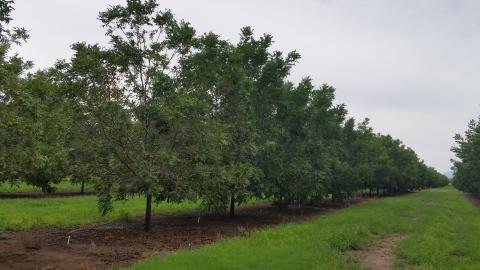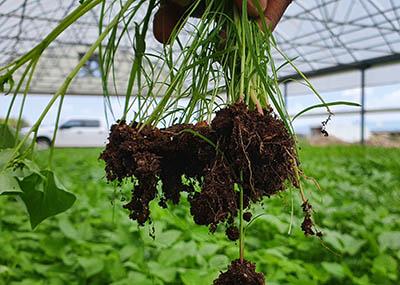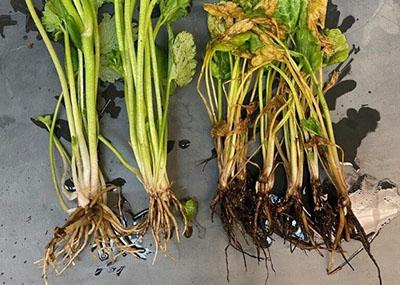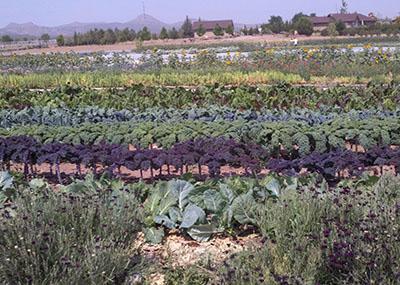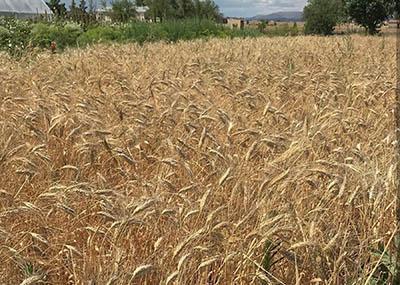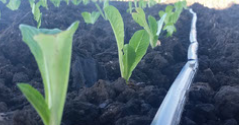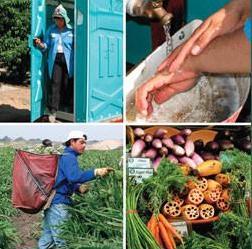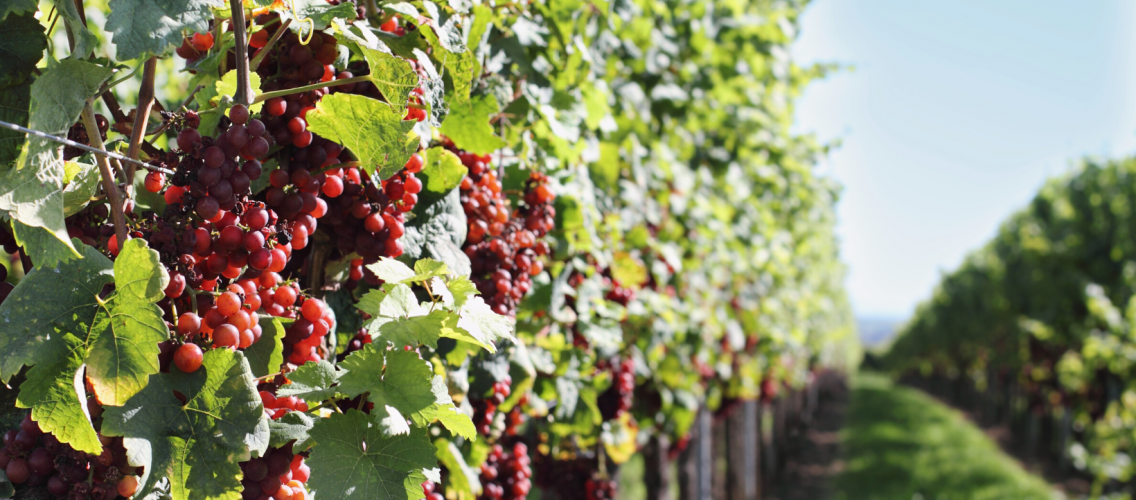
Horticulture
Commercial Horticulture and Small Acreage
The Vision: We are guided by the agriculture history of southern Arizona and motivated by the rich native cultural heritage and diversity of large to small-scale farms that remain resilient in enhancing the environment and improving the quality of life for both producers and consumers.
The Mission: To promote such a strong community via applied scientific research and extension outreach programs for the successful adoption of sustainable management practices and profitable crops that will enhance food security in the region, and further help protect the livelihoods and investments of the producers.
The Goal: To serve our various and diverse farmers, marketing managers, the USDA, and policymakers through a collaborative effort with growers in applied research and Extension education programs that utilize expertise and resources from The University of Arizona, USDA, private industry, and other non-governmental organizations (NGOs).
Commercial Horticulture of Nuts, Fruits, Vines is the University of Arizona's research and extension program focused on identifying the needs of large and small-scale crop producers in the south and southeast Arizona and providing science-based information to guide a diversity of producers in their decision making. A few primary programs include Fruit and Nut Trees (including apples, peaches, pecans, and pistachios), Viticulture (Wine Grapes), Small Acreage (greenhouse, vegetable, and specialty crops), and Sustainable Agriculture Research and Education. The target of this commercial horticulture program is to promote sustainable local food production in Arizona by combining the expertise and experiences of local producers, agriculture professionals, and stakeholders in a joint effort to maximize the sustainable use of local resources. The program is vital to Arizona because it strives to link Cooperative Extension and University of Arizona specialists with producers and agricultural professionals statewide. Organic, biodynamic, permaculture, and other producers of various scales apply sustainable agriculture principles to food and fiber production systems in Arizona. Various marketing philosophies connect with consumers, including farmers’ markets, field stands, local markets, consumer-supported agriculture (CSA’s), farm-to-table operations, and internet sales.
Additionally, Native American authorities and community members desire to reconnect with their past agricultural heritage and seek assistance in learning and teaching concepts to understand the roots of sustainable agriculture better. Through this program, Extension Agents can interface with the Indigenous peoples’ worldviews when it comes to growing crops, sustaining ecosystem health, and caring for the community. This program also helps enhance traditional agricultural techniques and provides insight into using and promoting sustainable management approaches without co-opting or erasing the original stewardship of land views. It also helps explain the importance of respecting and trusting the indigenous knowledge of the Native American underserved communities while conducting western science and extension programs.


